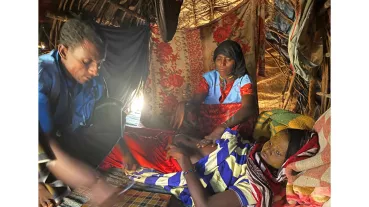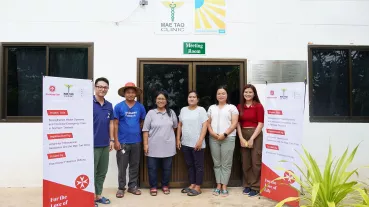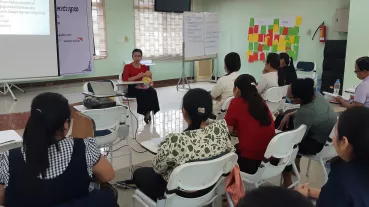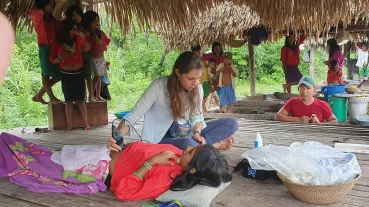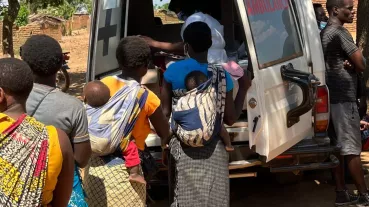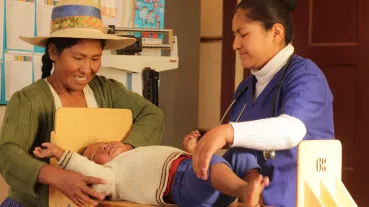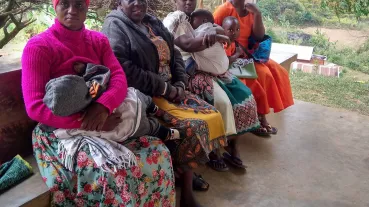Strengthening community-based maternal and child health care in rural Mozambique (Memba district)
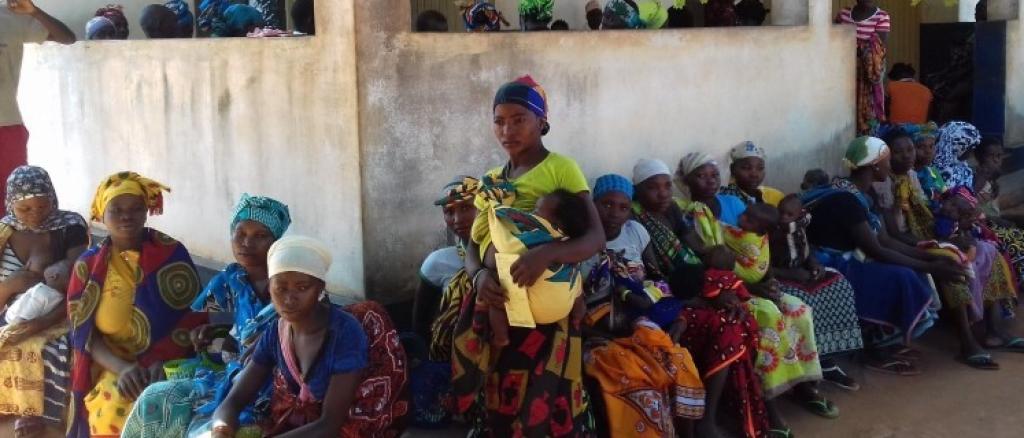
Situation:
In rural settings such as Memba District, maternal and infant mortality rates are far above average, often due to infectious diseases (such as malaria,) or poor pregnancy monitoring and delivery conditions. Families’ knowledge and practices are insufficient, because of a low education level and a difficult access to quality healthcare. The public health system is plagued with shortages of qualified staff and essential equipment, as well as a lack of infrastructures (up to 35 km of walking distance to reach a health centre).
Objectives:
The main objective of the programme is to contribute to the sustainable improvement of mother and child health for the rural populations in Memba. Two specific objectives are pursued, as reflected in the two-folded project strategy combining community activities in all villages in the targeted health area, as well as a strong support to each health centres in the covered area:
- To reinforce knowledge and build the capacities of families and local actors to prevent, recognize and manage the main health risks;
- To improve access to and quality of healthcare for women and children.
- 8,000 people every year are made aware of health topics affecting young children and pregnant women and improve their sanitation and health practices (bed net, latrine usage, hand washing, health seeking behaviour, and safe delivery).
- 4,500 families have built their improved latrines.
- 2 health centres (Chipene and Pavala) and their community health workers have been supported (training, equipment, infrastructure rehabilitation and construction.
Main activities include:
- Group and individual sensitization sessions of targeted families on child illnesses’ (malaria, diarrhoea, etc.), transmission, prevention, recognition of symptoms, and treatment seeking behaviour, as well as on safe motherhood and family planning;
- Sensitization of and individual support to families to improve their sanitation practices, mainly through the construction of their own latrine, in close collaboration with the support of Inter Aide;
- Meetings with and training of the village health committees to strengthen their capacity to sensitise and monitor their community, and support the health system at community level.
- Rehabilitation or construction of health infrastructure; equipment; training and supervision of medical staff;
- Strengthening the network of community health workers (the first level of access to health care) and traditional birth attendants through donation of equipment, training and supervision; and through support for mobile clinics.
Inter Aide carries out surveys and collects data from health facilities throughout the life of the project to monitor the changes in the families’ health practices and the improvement of services at the health centres and community level.
Activities are designed to reinforce directly the capacities of the local healthcare actors (District Health Services, health centre personnel, community health workers, and village health committees) and communities in order to increase availability, access and quality of care for children and women in reproductive age. To do so, Inter Aide has developed a systemic approach that responds directly to the needs and demands of the population and avoids assistance that could delay their empowerment. Beneficiaries are therefore always involved in the activities, which focus a lot on training, education, sensitization, and communities’ organization so they can take ownership of the actions post-intervention.
As it is deployed in hard-to-reach rural areas, where few other external actors intervene, Inter Aide has been able to build close bonds with the local health actors and authorities. In addition, Inter Aide’s programme has been built directly within the framework of local health policies. Capacity building, management transfer and institutionalization of the programme's mechanisms are at the heart of the strategy, helping strengthen the existing health structures and for the targeted communities to have better awareness and health seeking behaviours and practices.
Here you can find further information.

